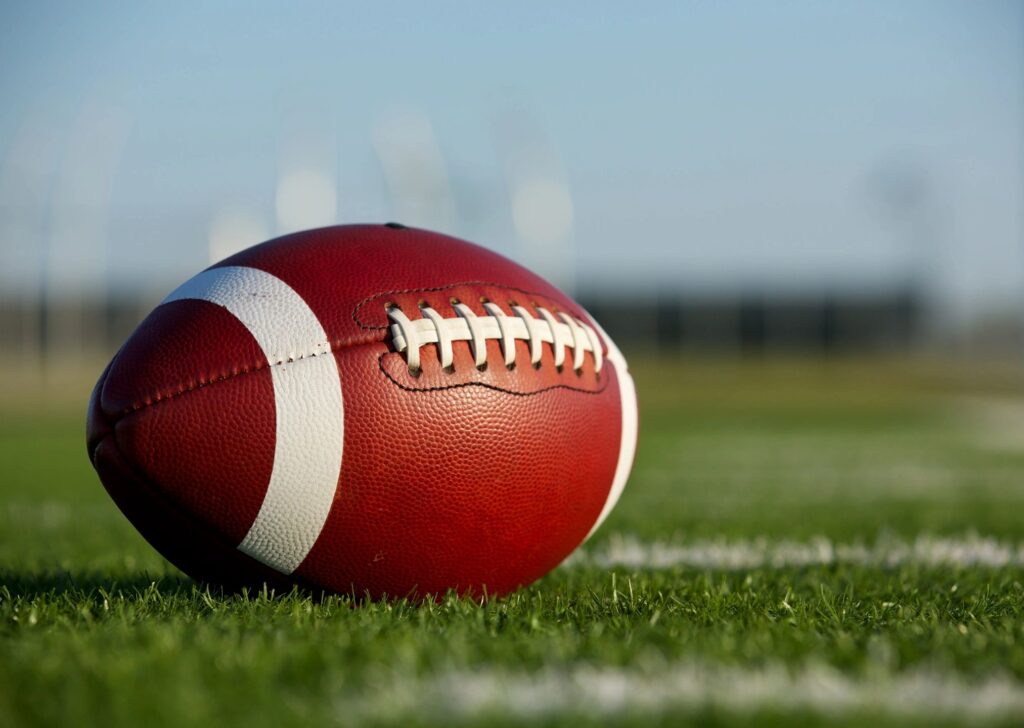
Legislation before the General Assembly would pave the way for college student athletes in Georgia to receive financial compensation when institutions profit from their playing abilities.
The bill, sponsored by House Higher Education Committee Chairman Chuck Martin, R-Alpharetta, would allow Georgia athletes to earn compensation for the use of their “name, image or likeness” by the public, private or technical colleges they attend.
It aims to prepare Georgia for the legal impacts of a future when – either by choice or a judges’ orders – the National Collegiate Athletic Association (NCAA) starts permitting student athletes to gain financial benefits for their talents.
“This is just to put a straw man in place should it be decided at the national level so our student athletes can avail themselves of it,” Martin said Tuesday at a state Senate Higher Education Committee hearing.
“I don’t know if this is the best thing happening for college student sports, but it is happening. So we need to be prepared.”
Chances for Martin’s bill to clear the state legislature look promising after the House passed it unanimously earlier this month. No votes were taken on the bill during Tuesday’s committee hearing.
Under the bill, college athletes in Georgia would be required to take five hours of a “financial literacy and life skills workshop” to ready them for the added burdens of receiving compensation for sports performance.
That requirement drew praise Tuesday from Sen. Nan Orrock, D-Atlanta, who echoed Martin in saying a crash course in personal finances would help college athletes avoid predatory influences seeking to take advantage of their earnings.
“That seems to be incredibly worthwhile to put in place to equip these young athletes with the skill sets they’re going to need,” Orrock said.
Martin’s bill would also bar schools from offering cash or other incentives to high-school recruits and would require sports agents seeking to represent college athletes to obtain the same type of license needed to represent professional athletes.
The bill comes amid a flurry of lawsuits in recent years challenging the NCAA’s authority to block student athletes from receiving compensation while also profiting from their skills through advertising and video games.
Backers of allowing college-athlete compensation contend students are treated unfairly by institutions that gain from their playing abilities but often do not cover all the costs to attend school like textbooks and travel, even with full scholarships.
Opponents, including the NCAA, have argued paying or otherwise incentivizing college athletes would detract from their focus in school classes and other on-campus activities, as well as trampling on colleges’ authority to set their own rules when it comes to athlete compensation.
Most immediately, the U.S. Supreme Court is poised to hear a case from California brought by a former college athlete, West Virginia running back Shawne Alston, who sued the NCAA and several college leagues in 2014 for not allowing compensation to pay for costs beyond what his scholarship covered.
The NCAA appealed to the Supreme Court after Alston won in lower and appellate courts. The high court is scheduled to take up the case on March 31.
